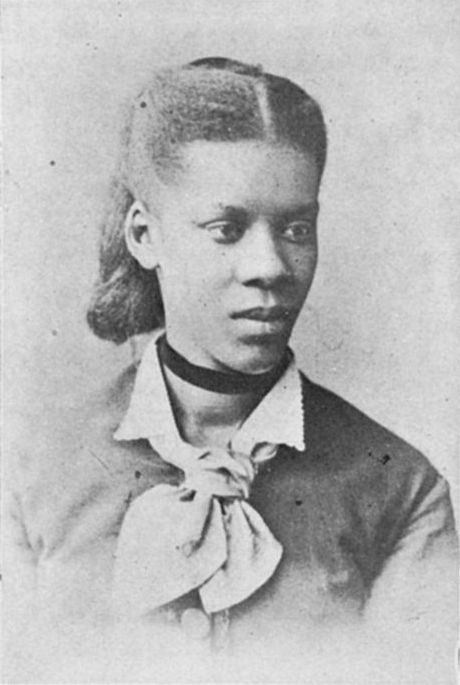Maggie Porter Cole on:
[Wikipedia]
[Google]
[Amazon]
 Maggie Porter Cole (1853–1942) was a first-generation-freed slave, and she is most notable as an original member of the
Maggie Porter Cole (1853–1942) was a first-generation-freed slave, and she is most notable as an original member of the
 Maggie Porter Cole (1853–1942) was a first-generation-freed slave, and she is most notable as an original member of the
Maggie Porter Cole (1853–1942) was a first-generation-freed slave, and she is most notable as an original member of the Fisk Jubilee Singers
The Fisk Jubilee Singers are an African-American ''a cappella'' ensemble, consisting of students at Fisk University. The first group was organized in 1871 to tour and raise funds for college. Their early repertoire consisted mostly of traditiona ...
, one of only four members to participate in all three of the original tours by the group. She was known for her vocal talents as a soprano and also worked as a schoolteacher.
Early life
Maggie Porter was one of three daughters born in Lebanon, Tennessee to a slave family belonging to Henry Frazier. At the start of theCivil War
A civil war or intrastate war is a war between organized groups within the same state (or country).
The aim of one side may be to take control of the country or a region, to achieve independence for a region, or to change government policies ...
, Frazier moved to Nashville, taking Maggie's family with him, and when Union soldiers took and occupied the city, Frazier freed Maggie and her family after the publication of the Emancipation Proclamation
The Emancipation Proclamation, officially Proclamation 95, was a presidential proclamation and executive order issued by United States President Abraham Lincoln on January 1, 1863, during the Civil War. The Proclamation changed the legal sta ...
. After she attended the Fisk Free Colored School, Maggie worked as a teacher in various country schools (one of which was burned down by the KKK). In the winter of 1870, Maggie was asked to sing the title role in Handel
George Frideric (or Frederick) Handel (; baptised , ; 23 February 1685 – 14 April 1759) was a German-British Baroque composer well known for his operas, oratorios, anthems, concerti grossi, and organ concertos. Handel received his training i ...
's " Cantata of Esther" by George White, a musical and choral director at Fisk. Her success in the role led to her being offered a position with the new Fisk Jubilee Singers.
With the Jubilee Singers and later life
Porter traveled with the Jubilee Singers through all three of their original tours from 1871-1878 (with one exception). She sang lead soprano, and had a reputation as a diva. As a result, Porter was banished from the group for three months during their initial tour in 1871. After finishing the tours, she spent some time living out of the country in Germany before returning to the U.S. to participate in the "reorganized Fisk Jubilee Singers", which contained alumni of the original group but had no affiliation with Fisk. Later, she and her husband formed a new group (also called the Fisk Jubilee Singers) with a few alumni from the original Fisk Singers, and they toured the U.S., Canada, and Europe through the 1880s into the 1890s. She and her husband later moved to Detroit where they raised their family and continued to remain involved with local music. She returned to Fisk for the 60th anniversary celebration of the founding of the Fisk Jubilee Singers. Maggie Porter died of natural causes at age 89 in 1942.References
{{DEFAULTSORT:Porter, Maggie 20th-century African-American women singers American women singers 1853 births 1942 deaths